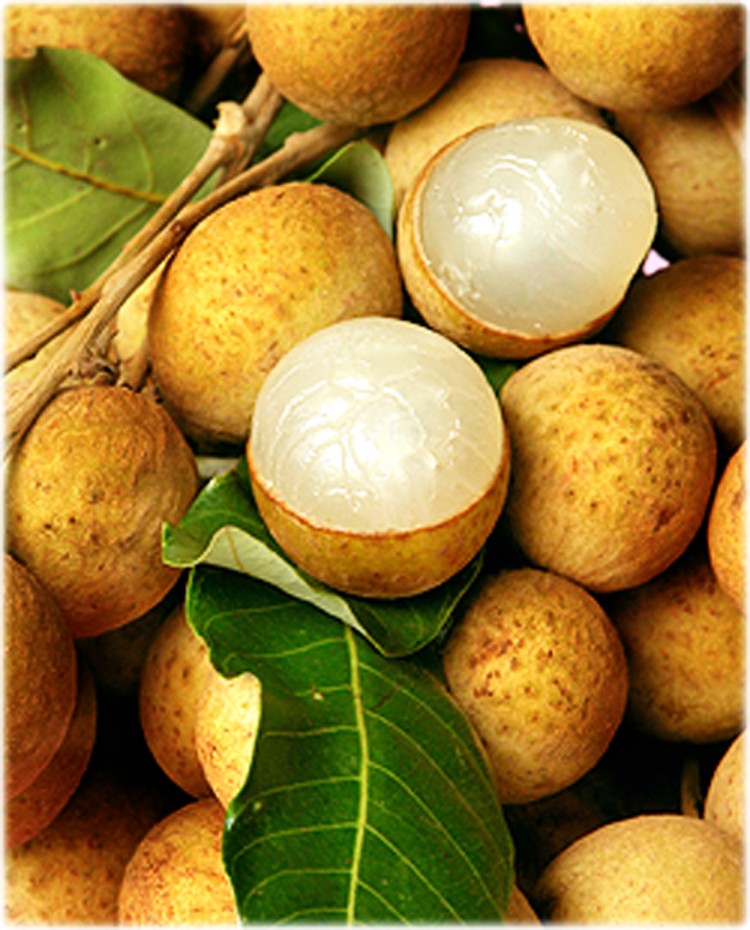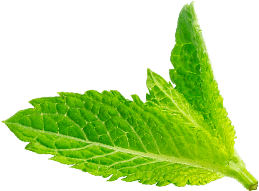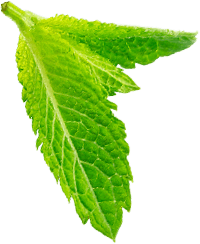About the Product
The longan (Dragon Eye), is so named because it resembles an eyeball when its fruit is shelled (the black seed shows through the translucent flesh like a pupil/iris). The seed is small, round and hard, and of an enamel-like, lacquered black. In China, it is also called Gun and in Myanmar, it is called Deer's Eyes
Product image shown is for representation purpose only, the actually product may vary based on season, produce & availability.
Nutritional Facts
per 100 g (3.5oz)- Energy - 251 kJ (60kcal)
- Carbohydrates - 15.14 g
- Sugar - sn/a
- Dietary fiber- 1.1 g
- Fat - 0.1 g
- Protein - 1.31 g
- Thiamine - (vit. B1)0.031 mg (3%)
- Riboflavin - (vit. B2)0.14 mg (12%)
- Niacin- (vit. B3)0.3 mg (2%)
- Vitamin C - 84 mg (101%)
- Calcium - 1 mg (0%)
- Iron - 0.13 mg (1%)
- Magnesium - 10 mg (3%)
- Manganese - 0.052 mg (2%)
- Phosphorus - 21 mg (3%)
- Potassium - 266 mg (6%)
- Sodium - 0 mg (0%)
- Zinc - 0.05 mg (1%)
Benefits
- Longan supplies 80% of daily requirement of vitamin C. It is also rich in vitamin A, minerals and antioxidants.
- It prevents anaemia, relieves stress and treats nerve problems.Also treats snake bites and improves wound healing.
- Reduces excessive sweating and improves skin health. Longan is highly recommended as an anti-depressant as they give relaxing effect on nerves.
- price:Rs180/250gm
Storage and Uses
- Store them in a bag and refrigerate for 5-7 days.
- The fruit is sweet, juicy and succulent. Apart from being eaten fresh, is also often used in East Asian soups, snacks, desserts, and sweet-and-sour foods, either fresh or dried, sometimes canned with syrup in supermarkets.
- The taste is different from lychees; while longan have a drier sweetness, lychees are often messily juicy with a more tropical, sour sweetness.


